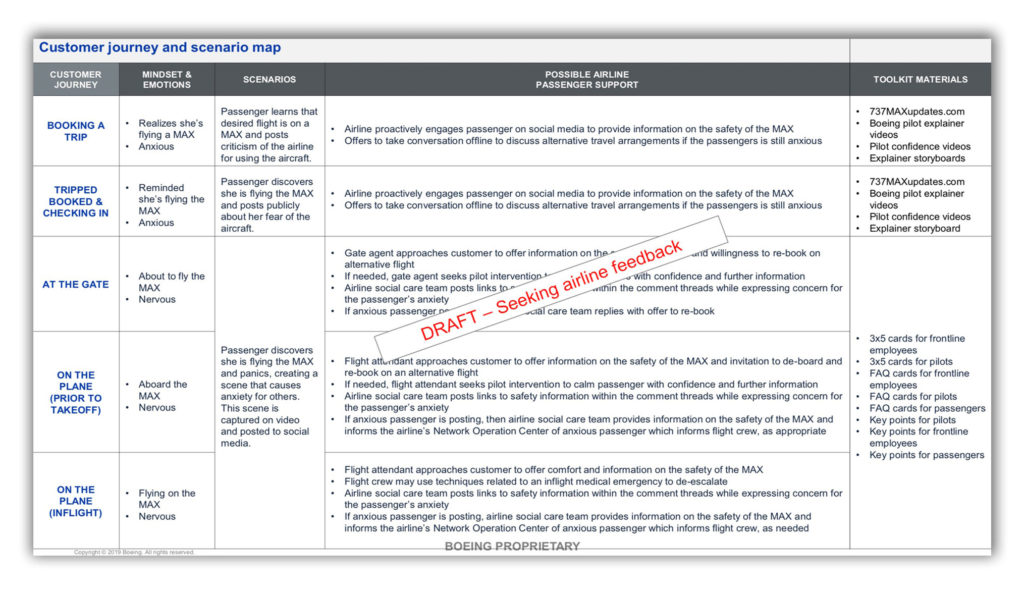This is the kind of thing you really couldn’t make up.
A Roman Catholic church in rural Louisiana hoping to maximize its blessings has come up with a way to do it: filling up a crop-duster plane with holy water and letting the sanctified liquid mist an entire community.
“We can bless more area in a shorter amount of time,” Rev. Matthew Barzare of St. Anne Church in Cow Island, La., told NPR.
Following this past Saturday’s mass, parishioners from the church in southwestern Louisiana headed to an airstrip about five minutes away from the church.
Churchgoers brought with them 100 gallons of water, which was loaded into the crop duster.
“I blessed it there, and we waited for the pilot to take off,” Barzare said, noting that it was the largest amount of water he had ever turned holy.
“I’ve blessed some buckets for people and such, but never that much water,” he said.
The pilot had instructions to drizzle certain parts of the community, including churches, schools, grocery stores and other community gathering places.
Word of it raining blessings spread fast in Cow Island, which Barzare points out is not really an island. But when hurricanes strike, he said, the community is typically surrounded by water, hence the name.
Some distant members of my extended family live in Louisiana. I’m beginning to worry about them.



